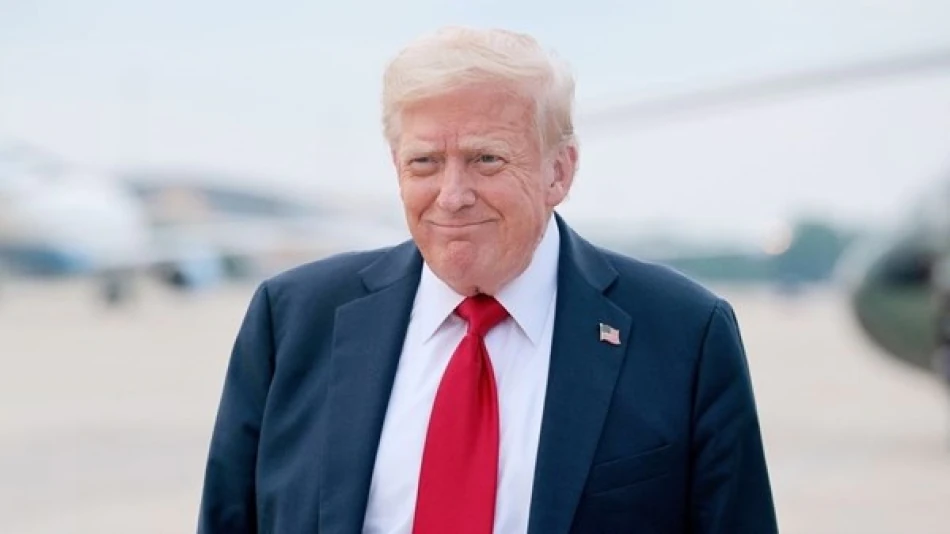
Trump to Join Talks on Ukraine Crisis: Crucial Diplomatic Developments Unfolding
Trump to Join Ukraine Talks Before Putin Meeting as Europe Scrambles for Diplomatic Unity
President Donald Trump will participate in virtual Ukraine discussions on Wednesday, just two days before his scheduled Friday meeting with Russian President Vladimir Putin, according to a White House official. The timing signals a potential shift in U.S. diplomatic strategy as European allies rush to coordinate their positions ahead of what could be pivotal negotiations over the war's future.
High-Stakes Diplomatic Choreography
Germany announced on Monday that it will host a series of high-level virtual events on Wednesday to prepare for the upcoming summit. The centerpiece will be a conference at 1300 GMT featuring European leaders, Ukrainian President Volodymyr Zelensky, Trump, and U.S. Vice President J.D. Vance.
This diplomatic choreography reveals the delicate balance Western allies are trying to strike. By engaging Trump in Ukraine-focused discussions immediately before his Putin meeting, European leaders appear to be ensuring that Ukraine's perspective remains front and center in any potential negotiations.
Strategic Timing Raises Questions
The sequencing of these meetings is no accident. Trump's participation in Ukraine talks on Wednesday, followed by direct engagement with Putin on Friday, suggests a coordinated approach that could either strengthen Ukraine's negotiating position or lay groundwork for compromise.
This marks a significant moment in the conflict's diplomatic timeline. Previous attempts at high-level negotiations have often excluded key stakeholders or lacked proper coordination between Western allies. The current format ensures that Ukrainian leadership has direct access to Trump before he engages with Putin.
European Unity Under Pressure
Germany's role in orchestrating these preliminary talks underscores Europe's determination to maintain influence over Ukraine policy despite changing U.S. leadership dynamics. The inclusion of multiple European leaders alongside Zelensky and the American delegation suggests concerns about potential shifts in Washington's approach to the conflict.
For European allies, these preparatory discussions serve as both coordination mechanism and insurance policy. They provide an opportunity to align positions while ensuring that any Trump-Putin dialogue occurs within a broader multilateral framework rather than as isolated bilateral negotiations.
What's at Stake
The upcoming Trump-Putin meeting carries enormous implications for the trajectory of the Ukraine conflict. These preparatory talks will likely focus on establishing red lines, clarifying objectives, and ensuring that Ukraine's sovereignty remains non-negotiable in any potential agreements.
The virtual format, while practical, also reflects the current state of international diplomacy where direct meetings remain complicated by security concerns and political sensitivities. However, it allows for broader participation and more flexible scheduling around the complex logistics of high-level international negotiations.
Most Viewed News

 Layla Al Mansoori
Layla Al Mansoori






